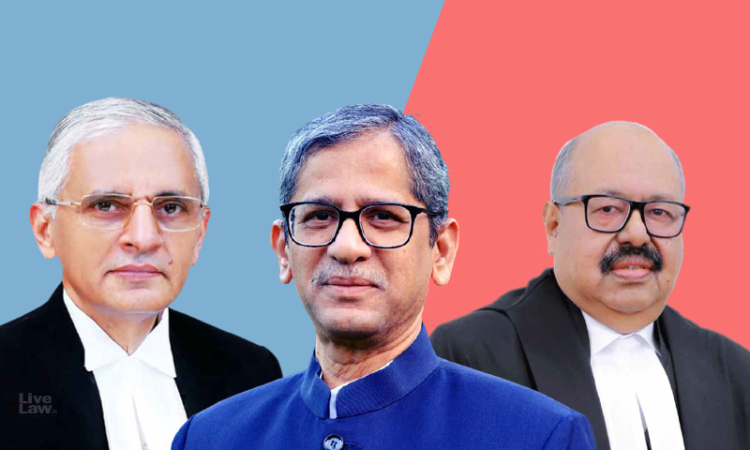The Supreme Court observed that a witness cannot be prosecuted for perjury under Section 193 of the Indian Penal Code merely because he made inconsistent statements before the Court.The bench led by CJI NV Ramana observed that the prosecution for perjury cannot be ordered if there is no intentional falsehood uttered. Mere reference to inconsistent statements alone is not...

